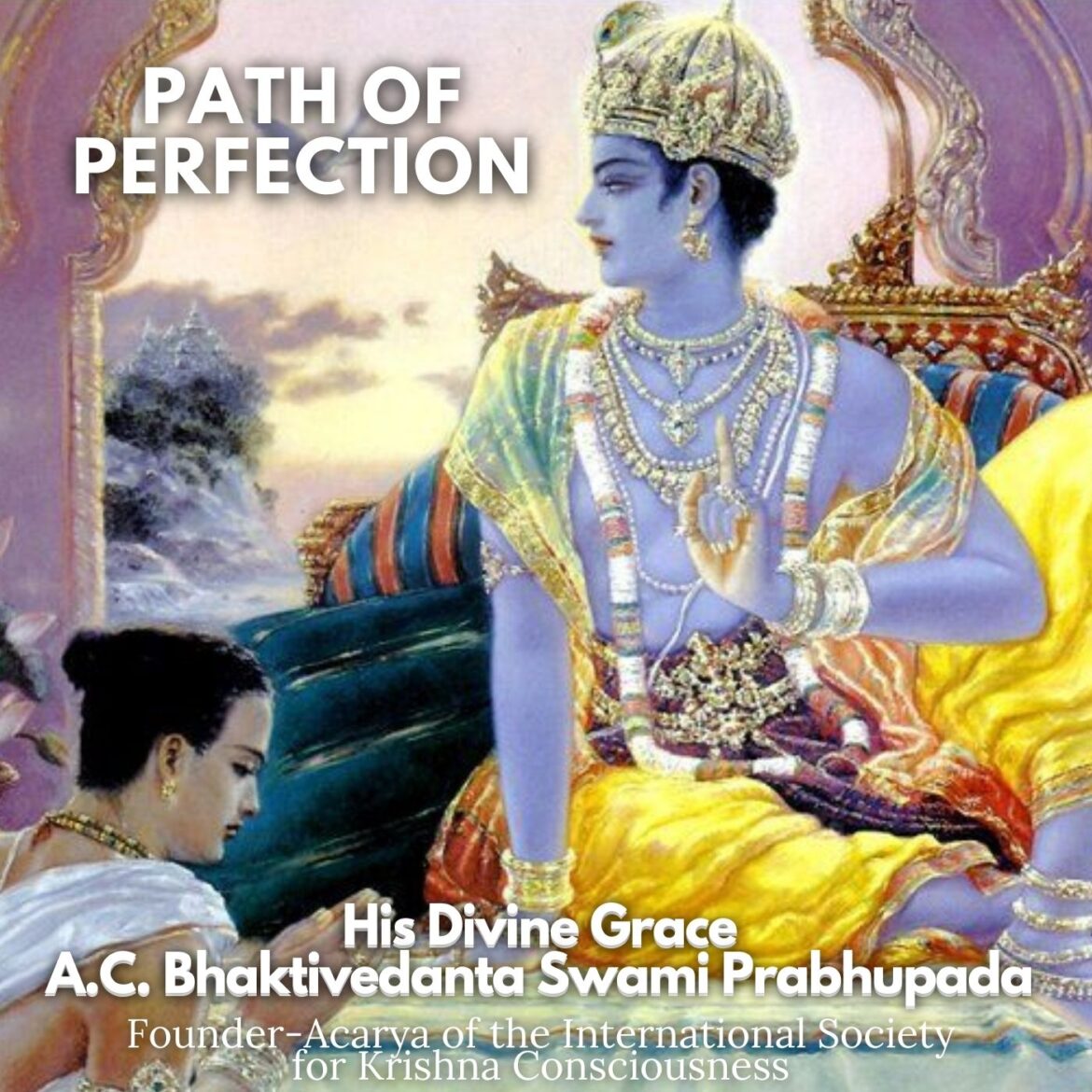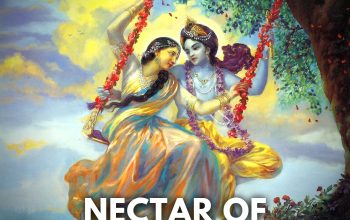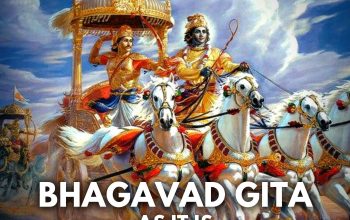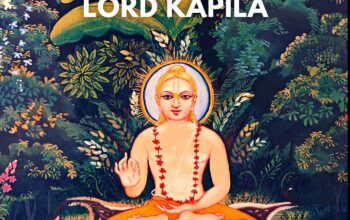When we see a book with a title like The Path of Perfection, we may react with a bit of common skepticism: “Oh, another book claiming to give all the answers. One more do-it-yourself enlightenment scheme.” And certainly, it seems that such skepticism is justified nowadays. Our natural desire for ultimate meaning, happiness, enlightenment, liberation, and salvation has become the most exploited commodity of the twenty-first century, creating what one contemporary theologian termed a disastrous “seduction of the spirit.” This seduction is, indeed, the most tragic kind of exploitation. And the unfortunate consequence of this exploitation is a kind of deadening cynicism that discourages our search for self-fulfillment and a means to attain it.
The contemporary, thoughtful reader, weary of the current flood of speculative, simplistic books offering instant formulas for psychological or spiritual salvation, will find The Path of Perfection a welcome relief.
Excerpt from the Introduction
Episodes playlist 210-239

Reading books by Srila A.C. Bhaktivedanta Swami Prabhupada daily. Each of these books is a literary masterpiece, they have all the answers to any questions of life and everything necessary to uplift and nourish our soul, develop our loving relationship with God, Krishna, and help us relish our adventurous spiritual journey. Such a deep, bonafide, theological science based on Vedic scriptures has never been presented like this before. Chant Hare Krishna, dive into these books, be happy and make others happy! From Mayapur with love, Your humble servant, Sulalita devi dasi
When we see a book with a title like The Path of Perfection, we may react with a bit of common skepticism: “Oh, another book claiming to give all the answers. One more do-it-yourself enlightenment scheme.” And certainly it seems that such skepticism is justified nowadays. Our natural desire for ultimate meaning, happiness, enlightenment, liberation, and salvation has become the most exploited commodity of the twenty-first century, creating what one contemporary theologian termed a disastrous “seduction of the spirit.” This seduction is, indeed, the most tragic kind of exploitation. And the unfortunate consequence of this exploitation is a kind of deadening cynicism that discourages our search for self-fulfillment and a means to attain it.
The contemporary, thoughtful reader, weary of the current flood of speculative, simplistic books offering instant formulas for psychological or spiritual salvation, will find The Path of Perfection a welcome relief. Herein one will find a clear, intriguing explanation of the philosophy and practice of mankind’s oldest system of spiritual development – yoga.
When we hear the word yoga, we may think of one of the myriad yoga studios throughout the country, filled with people of all ages struggling to stretch their bodies in various ways to improve their health, lose weight, or increase their agility. This is not what we mean by yoga. Here we are referring to an ancient philosophy and meditational system that has been practiced by millions throughout the ages. What has, in modern times, been reduced to a commercially exploited technique of bodily agility and unfocused meditation was once a comprehensive and easily applied form of self-realization.
The Path of Perfection consists of a historic series of talks – elaborations on a previously published commentary – by His Divine Grace A. C. Bhaktivedanta Swami Prabhupāda (1896–1977) on India’s greatest spiritual classic, the Bhagavad-gītā. In these absorbing talks, Śrīla Prabhupāda explores deeply the philosophy of yoga as explained in the sixth and eighth chapters of the Gītā, showing clearly how these timeless teachings apply to twenty-first-century mankind. Śrīla Prabhupāda’s talks probe questions concerning the nature of consciousness, techniques of meditation, karma, death, reincarnation, and even spiritual ecstasy.
The Bhagavad-gītā, described by one contemporary psychologist as “a remarkable psychotherapeutic session,” appears to us in the form of an extraordinary dialogue between the Supreme Lord Kṛṣṇa and His warrior disciple Arjuna. Perplexed and confused about his identity and purpose, Arjuna turns to Kṛṣṇa, who reveals “the path of perfection” to His able student. The essence of Lord Kṛṣṇa’s teachings is that one must become a yogi, that is, one whose life is centered on the practice of yoga. And what is yoga? The Sanskrit word yoga literally means “union” and refers to the union, in love, between the individual consciousness and the Supreme Consciousness, the self and the Superself, the soul and God. Yoga is, indeed, “the path of perfection” because it aims toward this most exalted human attainment. | read with us: biglink.to/pathofperfection

One of my favorite quotes
Path of Perfection | Chapter 1
No one really wants to sit down and meditate. Why should we? We’re meant for positive activity, for recreation, for pleasure. In Kṛṣṇa consciousness, our recreation is dancing and chanting, and when we get tired, we take prasāda. Is dancing difficult? Is chanting difficult? We don’t charge anything to dance in the temple. If you go to a ballroom, you have to pay to enter, but we do not charge. It is natural to enjoy music and dancing and palatable foods. These are our recreations, and this is our method of meditation. So this yoga system is not at all laborious. It is simply recreation, susukham. It is stated in the ninth chapter of the Bhagavad-gītā (9.2) that this yoga is susukham – very happy. “It is everlasting, and it is joyfully performed.” It is natural, automatic, and spontaneous. It is our real life in the spiritual world.
In Vaikuṇṭha, the spiritual world, there is no anxiety. Vaikuṇṭha means “freedom from anxiety,” and in Vaikuṇṭha the liberated souls are always dancing, chanting, and taking prasāda. There are no factories, hard work, or technical institutions. There is no need for these artificial things. In the Vedānta-sūtra it is stated, ānandamayo ’bhyāsāt: God is ānandamaya, full of bliss and pleasure. Since we are part and parcel of God, we also possess these same qualities. So the goal of our yoga process is to join with the supreme ānandamaya, Śrī Kṛṣṇa, to join His dance party. Then we will actually be happy.
On this earth we are trying to be happy artificially and are therefore frustrated. Once we are situated in Kṛṣṇa consciousness we will revive our original position and become simply joyful. Since our actual nature is ānandamaya, blissful, we are always searching for happiness. In the cities we are inundated with advertisements. Restaurants, bars, nightclubs, and dance halls are always announcing, “Come on, here is ānanda. Here is pleasure.” That is because everyone is searching for ānanda, pleasure. Our society for Kṛṣṇa consciousness is also announcing, “Here is ānanda,” but our standard of pleasure is very different. In any case, the goal – pleasure – is the same.
Most people are hunting for pleasure on the gross material platform. The more advanced search for pleasure in speculation, philosophy, poetry, or art. The bhakti-yogī, however, searches for pleasure on the transcendental platform, and that is his only business. Why are people working so hard all day? They are thinking, “Tonight I shall enjoy. Tonight I will associate with this girl or with my wife.” Thus people are going to so much trouble to acquire a little pleasure. Pleasure is the ultimate goal, but unfortunately, under illusion, people do not know where real pleasure is to be found. Real pleasure exists eternally in the transcendental form of Kṛṣṇa.



